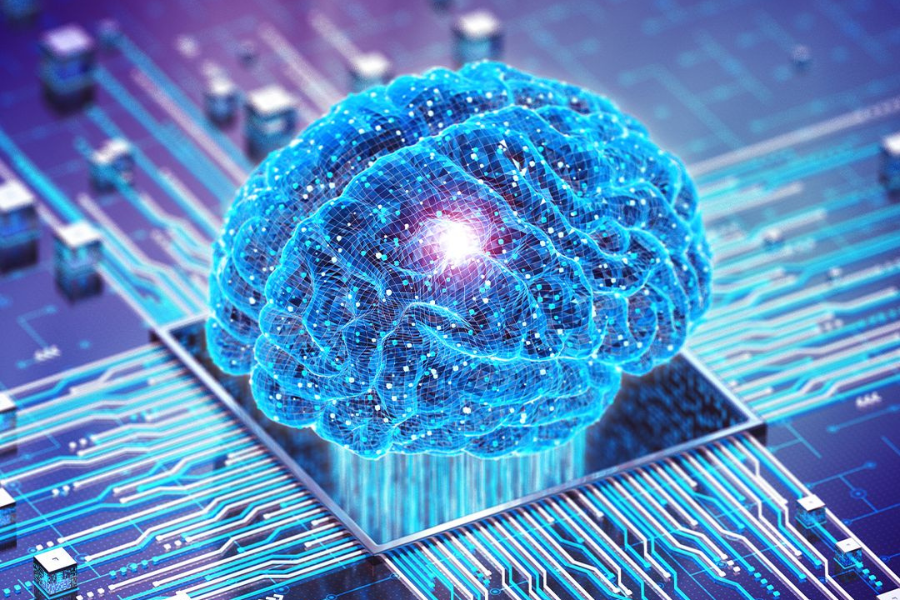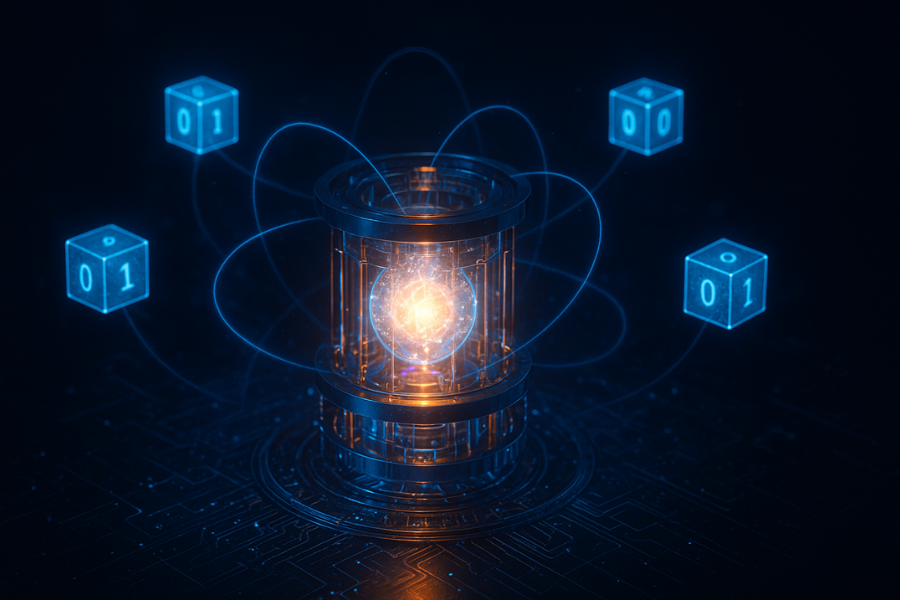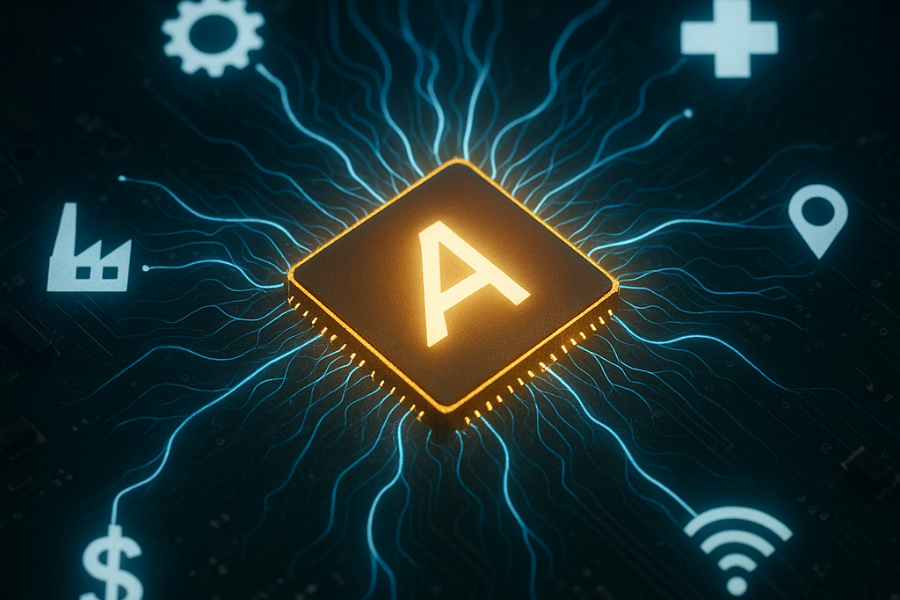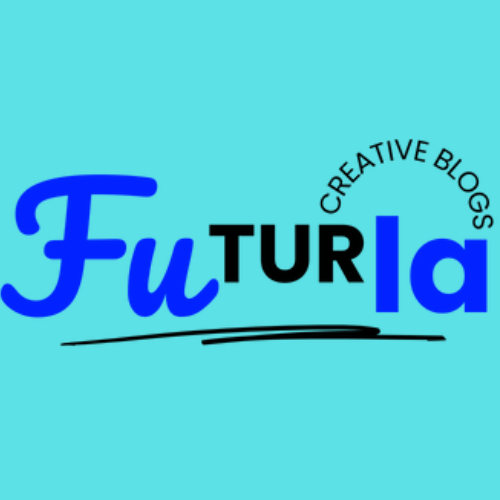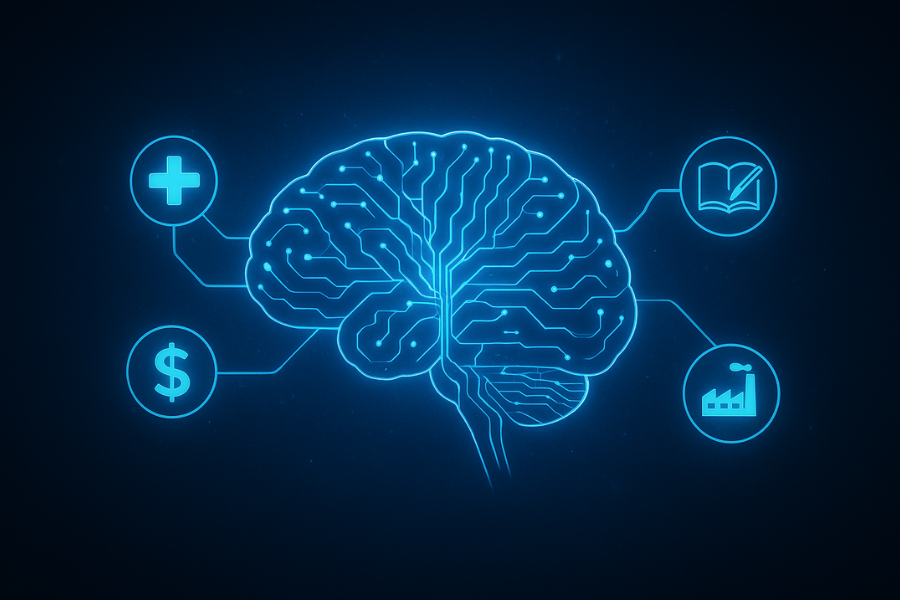Today’s sci-fi landscape is no longer confined to futuristic books or silver screens—it’s being actively shaped by artificial intelligence. In China, AI is reimagining how sci-fi is produced, experienced, and showcased, with AI-generated short films, immersive virtual environments, and animated micro-series stealing the spotlight at top-tier expos and festivals. These events are revealing a future where creativity and technology converge in mesmerizing new ways.
1. AIGC Takes the Spotlight at Beijing International Film Festival
For the first time, the Beijing International Film Festival introduced an AIGC (AI-Generated Content) Short Film Unit, signaling the rise of AI as a creative force in cinematic storytelling. This unit featured:
A forum bringing together AI artists, filmmakers, educators, and tech professionals
An AIGC short film competition with 430 global submissions, narrowed down to 23 finalists
Works that blended AI with traditional filmmaking—such as using live-action footage to enhance animated visuals, experimenting with styles like pointillism and Picasso-inspired oil painting aesthetics
A jury evaluating films based on not just narrative and artistic impact, but also on AI-specific elements like technical difficulty and workflow China Daily
This bold integration of AI into storytelling shows how China is building a sci-fi ecosystem that’s as much about process as it is about content.
2. China's First AI-Generated Sci-Fi Series Captivates Audiences

China’s first-ever AI-generated sci-fi series, Sanxingdui: Future Apocalypse, debuted on Douyin (China’s version of TikTok). Produced by Bona Film Group’s AIGMS and Dreamina, it features:
Daily 3-minute episodes with cumulative views surpassing 20 million
Full utilization of generative AI for scriptwriting, visuals, and editing
Ambitions to turn AI-driven content into commercially viable programs if viewership benchmarks are hit www2.yicaiglobal.comGlobal Times
This series exemplifies how AI is reshaping not only how sci-fi is created, but also how it’s consumed in fast, mobile-first formats.
3. AI in Action: From Robotics to Virtual Sets at Shenzhen Cultural Fair
At the 21st China (Shenzhen) International Cultural Industries Fair, AI’s role in filmmaking was on full display:
AI-powered robotic camera arms enabling precise, synchronized cinematography
Real-time AI-generated virtual environments used instead of traditional green screens, offering actors and directors dynamic backdrops during shoots
Animatronic models, such as AI-powered “dog” robots and expressive “giant pandas,” which mimic human facial expressions through motion capture
Smart dubbing systems translating dialogue into different languages—preserving emotional tone and character intent
AI-driven script assistants like “Yingpu,” set to help writers generate and refine narratives starting this August Bastille Post+1.

4. Festivals & Events: AI Meets Sci-Fi at Scale

China’s broader sci-fi and tech circuit also reflects AI’s growing influence:
At the World Artificial Intelligence Conference in Shanghai, AI-powered products, including robots and immersive environments, were showcased—propelling exhibitions beyond mere tech demos Financial Times
A sci-fi industry convention themed “Creating the Future with Scientific Dreams” highlighted over 169 sci-fi micro-series released in 2024, where AI dramatically lowered production costs and development times—from manual workflows to generative tools reducing 3D modeling time from weeks to mere minutes Xinhua News
These platforms illustrate how AI is fueling a rapidly evolving sci-fi ecosystem—from mainstream festival circuits to niche industry forums.
Why This Matters
| Key Trend | Impact |
|---|---|
| Creative Efficiency | AI tools dramatically reduce production timelines and costs, enabling rapid rollout of content. |
| Artistic Innovation | From painterly animation styles to immersive virtual sets, AIGC expands creative expression. |
| Decentralized Production | Creators of varying backgrounds—including young artists—are empowered to produce tech-led storytelling. |
| Cross-Industry Integration | AI bridges filmmaking, robotics, scripting, and set design in unified workflows. |
Together, these shifts are helping build a sci-fi ecosystem where technology doesn’t just tell stories—it helps create them.
In Summary
China is forging a sci-fi ecosystem powered by AI, blending generative content, immersive environments, and innovative filmmaking tools. From AI short-film competitions at Beijing’s film festival to breakthrough micro-series like Sanxingdui: Future Apocalypse, and AI-enhanced production technologies in Shenzhen, the future of sci-fi is now. As these trends continue, they offer us a glimpse into a world where imagination and AI collaborate to redefine creativity.

